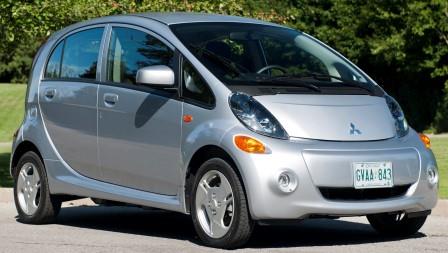Some of the eco cars displayed at the Canadian International Autoshow are concept cars not in production. Toyota’s i-Road is one of them – a three-wheeled two-passenger getaround intended for the urban market. All electric, it has an automatic “active lean” system so you feel more comfortable when cornering. What do you think of it? Would you consider it?

Toyota’s Prius hybrid has improvements in its systems that increase efficiency, such as initially capturing heat when first starting up, a beltless engine, and reburning exhaust gas.
Price: $26,205
BMW has two eco cars: the i8 and the i3. The i-8 is an all-wheel-drive performance hybrid that is reported to use only 2.1 litres per 100 km. The electric motor drives the front wheels and a gas engine drives the rear, combining to accelerate from zero to 100 km in 4.4 seconds.
Price: $145,000
The i3 is electric, has a range of 160 km per charge that can be extended with a range extender to 250 km per charge. The battery charges in three to 15 hours depending on the technology used.
Price: $44,950

Mitsubishi’s i-MIEV is electric, with a range of up to 155 km per charge. The standard charging port provides 80 per cent of the charge in less than 30 minutes. Its unique remote system offers climate control for pre-heating and cooling while charging, reducing the burden on the battery.
Price: $27,998
Hyundai has a Tucson Fuel Cell electric vehicle that converts hydrogen to electricity to drive the electric motor. Its estimated driving range is 425 km per fill of hydrogen.
Price: for lease only at $599 per month for 36 months, with complimentary hydrogen fuel included.
Acura’s ILX Hybrid is their first hybrid system. It has a 1.5 litre, four-cylinder engine with an integrated electric motor and a continuously variable transmission. Its highway mileage is 4.8 litres per 100 km.
Price: $35,290.




